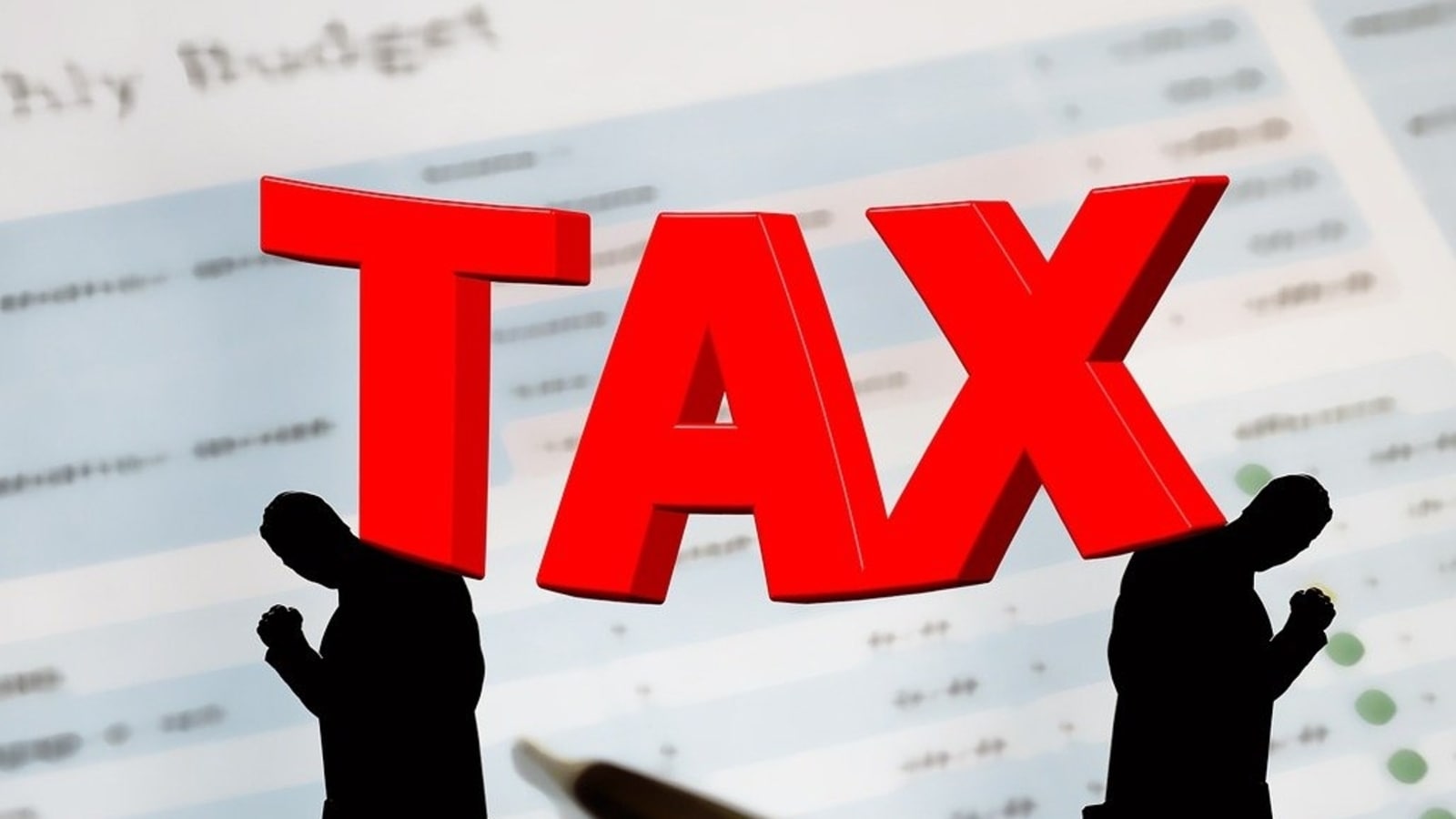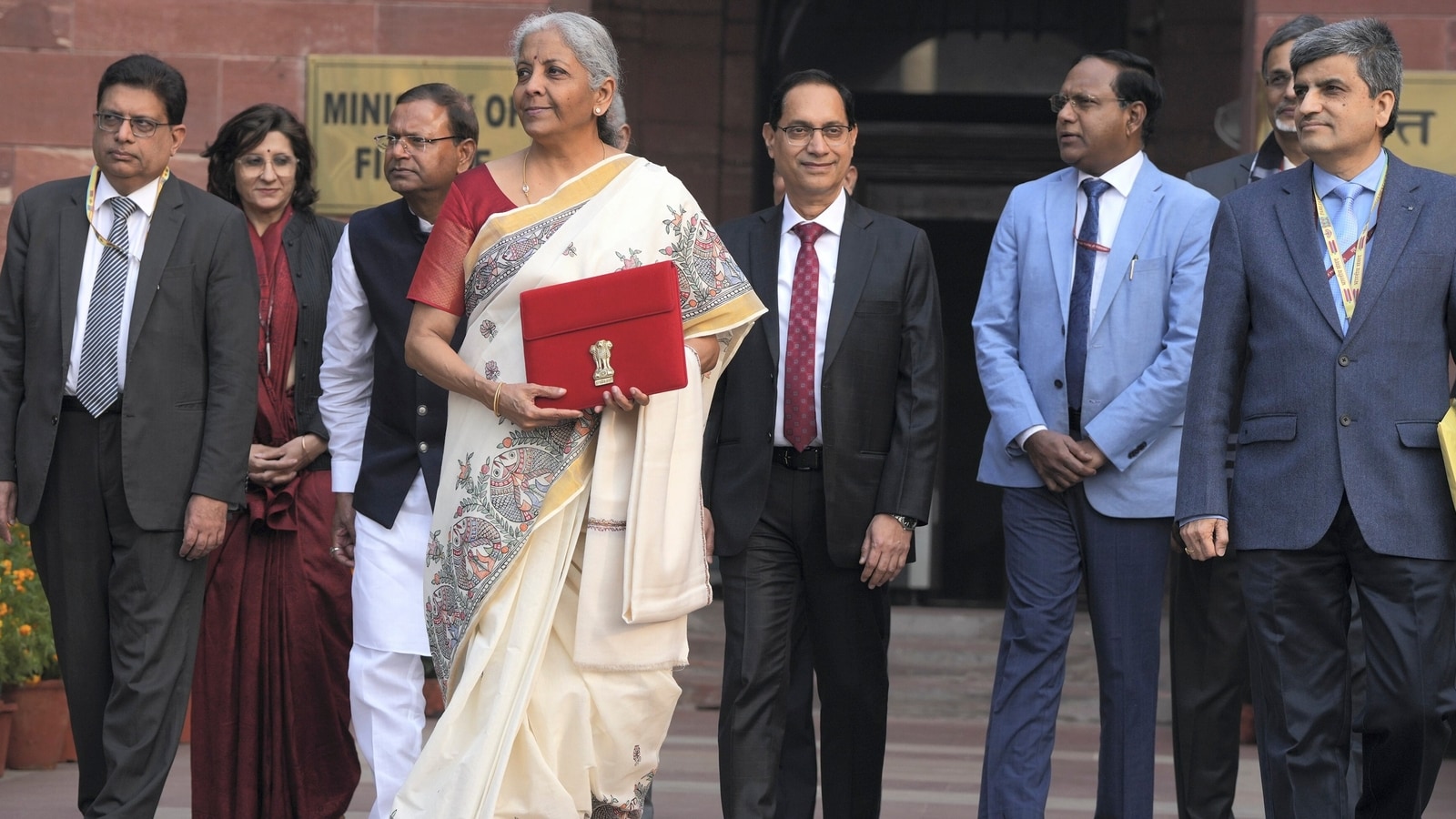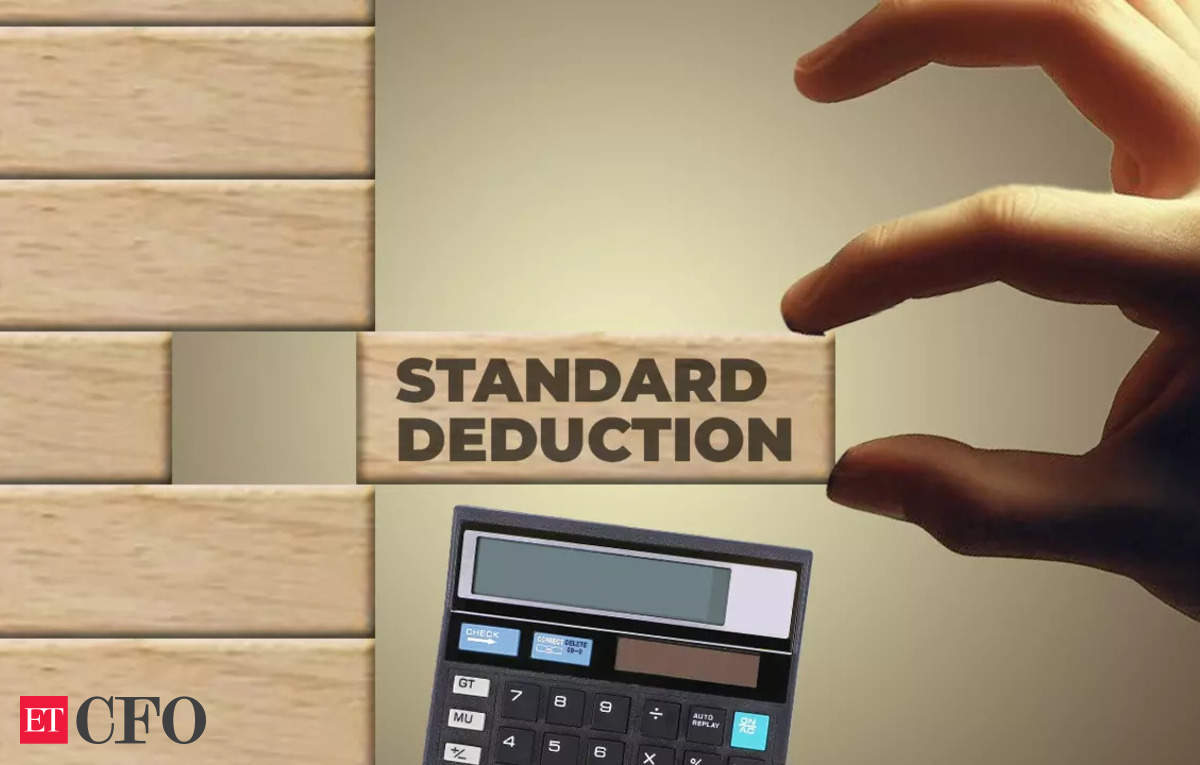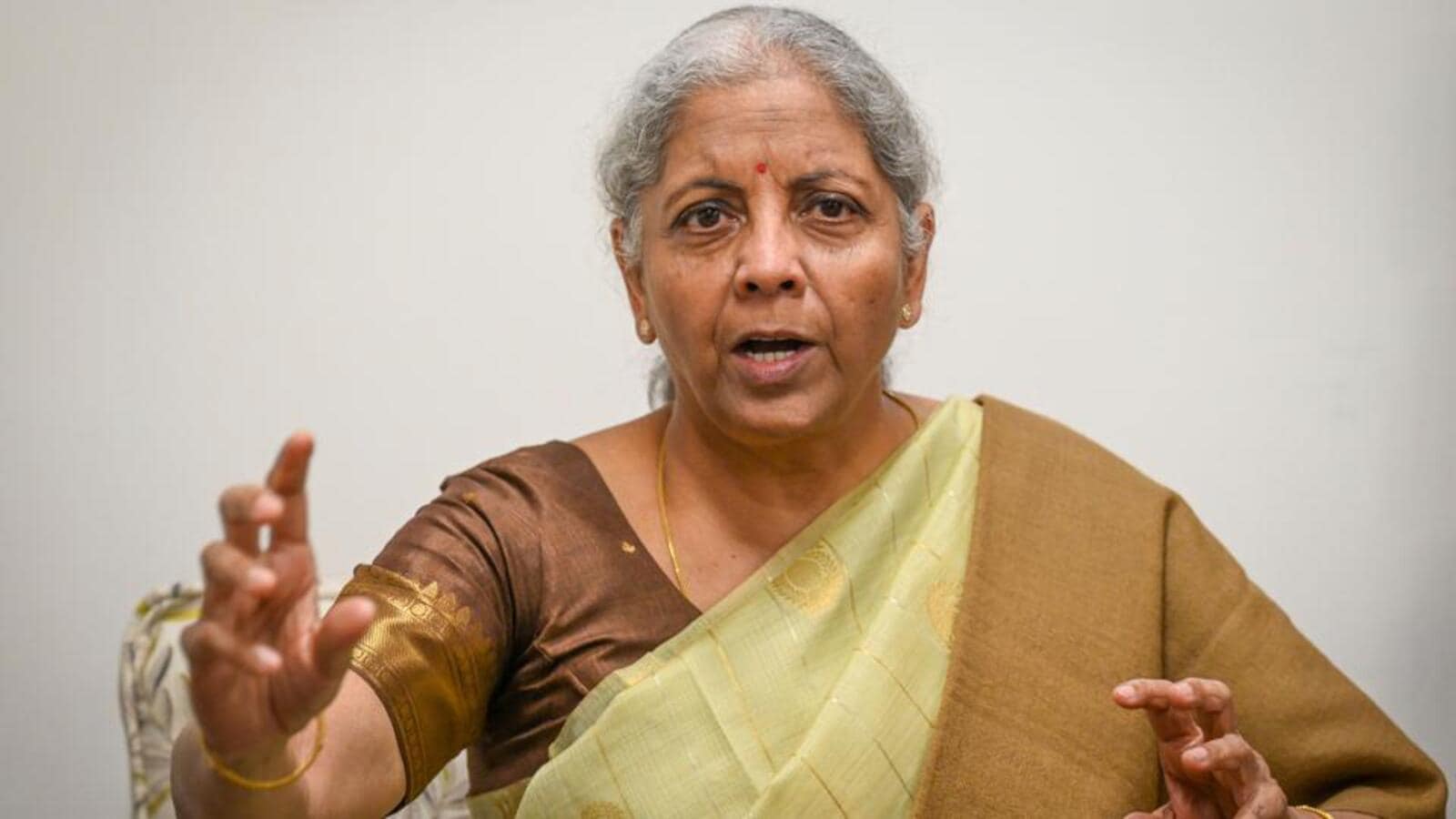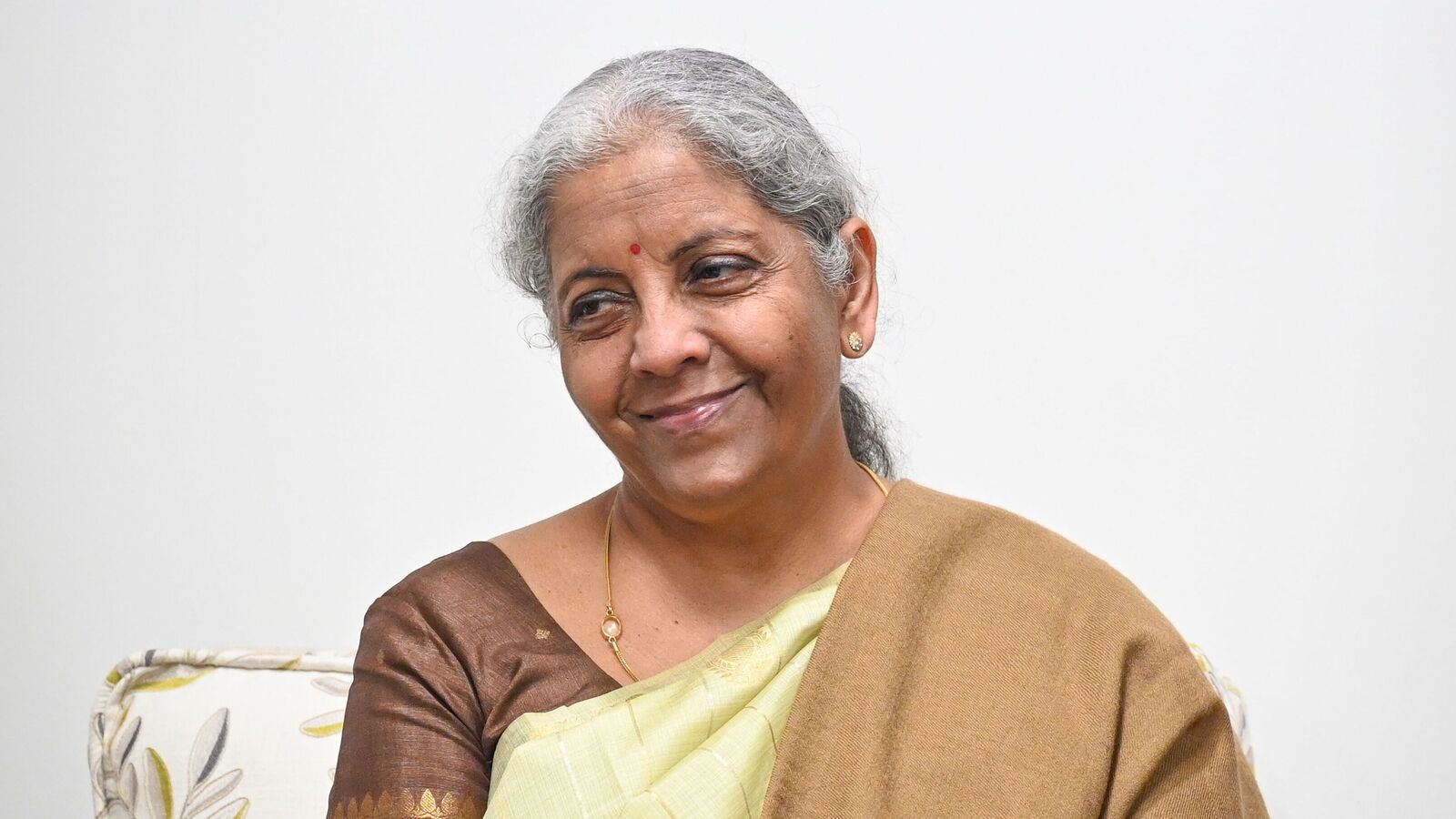New Delhi: The National Company Law Appellate Tribunal (NCLAT) on Monday sought responses from Google and the Competition Commission of India (CCI) in a plea by Google challenging the penalty of ₹936.44 crore.
The CCI had penalised Google for alleged abuse of its dominant position in the app store market ecosystem. The NCLAT deferred the hearing to November 28.
Earlier this year, in January, the NCLAT had already denied interim relief to Google in this case and rejected its challenge against the penalty. Subsequently, Google took the matter to the Supreme Court but withdrew the appeal in April, opting to continue the case in the NCLAT.
In addition to imposing a penalty of ₹936.44 crore, the CCI directed Google not to engage in anti-competitive activities and mandated the inclusion of third-party billing and payment processing services for in-app purchases. Google was also instructed not to discriminate against any third-party app or payment processing service.
According to CCI, “If the app developers do not comply with Google’s policy of using Google Play Store, they are not permitted to list their apps on the Play Store and thus, would lose out on the vast pool of potential customers in the form of Android users.”
The commission said that making access to the Play Store dependent on mandatory usage of Google Play Billing System (GPBS) for paid apps and in-app purchases is one-sided, arbitrary, and devoid of any legitimate business interest. The commission added in its ruling that app developers are left without the inherent choice to use a payment processor of their liking from the open market.
Google, however, argued that predatory apps expose users to financial fraud, data theft, and various internet-related risks, both from India and other countries. Google takes responsibility for the apps on the Play Store, conducting malware scans and complying with local laws. Google said that the same level of scrutiny may not be in place for apps sideloaded from other sources.
Google has expressed concerns about the existence of numerous Android versions, often referred to as ‘forks,’ stating that this practice undermines the consistent and predictable ecosystem that has benefited users and developers for more than 15 years.
Google argues that these forks won’t be able to support the security and user safety features provided by Google itself. Consequently, Google said, that the original equipment manufacturers (OEMs) may end up bearing the financial burden, potentially resulting in higher costs for them and, in turn, more expensive devices for consumers in India.
It’s worth noting that the CCI had imposed two fines on Google for anti-competitive behaviour, with the other fine amounting to ₹1,337.76 crore. NCLAT later upheld the ₹1,333.76 crore penalty on Google, a decision that was also affirmed by the Supreme Court earlier this year.

